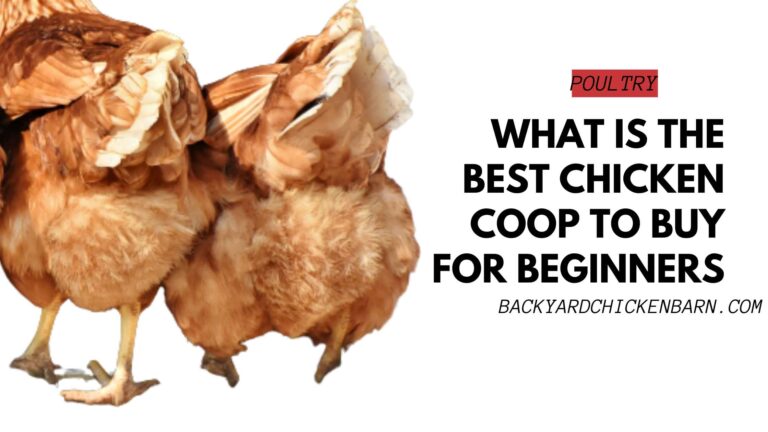Can Chickens eat Rye Grass?
Yes, chickens can eat rye grass, and it can be a healthy addition to their diet. Rye grass provides essential nutrients, aids in digestion, and offers enrichment through natural foraging behavior. Here’s a detailed look at the benefits, feeding methods, and considerations for feeding rye grass to chickens.
Benefits of Rye Grass for Chickens
Nutritional Value
- Vitamins: Rich in vitamins A, B, C, E, and K.
- Minerals: Contains essential minerals such as calcium, magnesium, and potassium.
- Protein: Provides a moderate amount of protein, which is beneficial for growth and egg production.
- Fiber: High in fiber, aiding in digestion and promoting a healthy digestive tract.
Health Benefits
- Improved Digestion: The fiber content in rye grass helps keep the digestive system functioning smoothly.
- Enhanced Egg Production: The vitamins and minerals can contribute to healthier and more robust egg production.
- Natural Foraging: Allowing chickens to forage on rye grass can reduce boredom and stress, promoting overall well-being.
How to Feed Rye Grass to Chickens
Fresh Rye Grass
- Direct Foraging: Allow chickens to free-range in an area with rye grass. This method provides them with fresh grass and natural foraging activity.
- Clippings: Cut fresh rye grass and place it in their run or coop. Ensure the clippings are not too long to prevent choking.
Rye Grass Seed
- Sprouting: Sprout rye grass seeds and offer the sprouts to chickens. Sprouts are highly nutritious and can be mixed with their regular feed.
- Seed Mixture: Include rye grass seeds in a mixture of other seeds for a varied diet.
Considerations and Potential Risks
Moderation is Key
While rye grass is beneficial, it should not replace their regular feed. It’s best used as a supplement to their diet to ensure they receive a balanced intake of nutrients.
Pesticides and Chemicals
Ensure that the rye grass is free from pesticides and chemicals. If using grass from your lawn or other areas, verify that it hasn’t been treated with any harmful substances.
Avoid Overgrown Grass
Overgrown or mature rye grass can be tough and fibrous, making it difficult for chickens to digest. Provide them with young, tender grass for easier consumption and better nutrient absorption.
Digestive Health
Monitor your chickens for any signs of digestive upset when introducing rye grass to their diet. Gradually introduce it to ensure they adapt well.
Summary
Chickens can safely eat rye grass, and it offers numerous nutritional and health benefits. Providing fresh rye grass or sprouts can enhance their diet, improve digestion, and promote natural foraging behavior. Always ensure the grass is free from pesticides and chemicals, and offer it in moderation to maintain a balanced diet.
Quick Reference Guide
Benefits:
- Rich in vitamins and minerals
- Moderate protein content
- High in fiber for digestion
- Promotes natural foraging behavior
Feeding Tips:
- Allow free-ranging on fresh rye grass
- Provide cut clippings in the run or coop
- Offer sprouted rye grass seeds
- Include rye grass seeds in seed mixtures
Considerations:
- Use as a supplement, not a replacement for regular feed
- Ensure grass is free from pesticides and chemicals
- Avoid overgrown or mature rye grass
- Introduce gradually to monitor for digestive health
By following these guidelines, you can safely and effectively incorporate rye grass into your chickens’ diet, contributing to their overall health and well-being.


